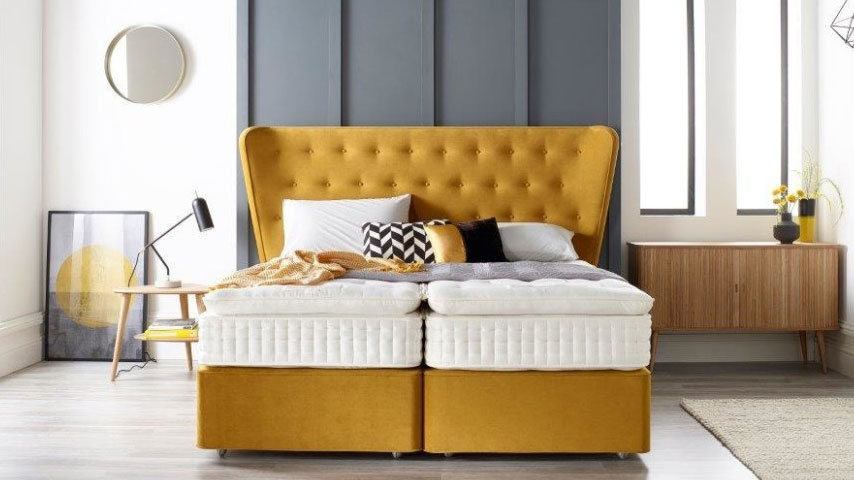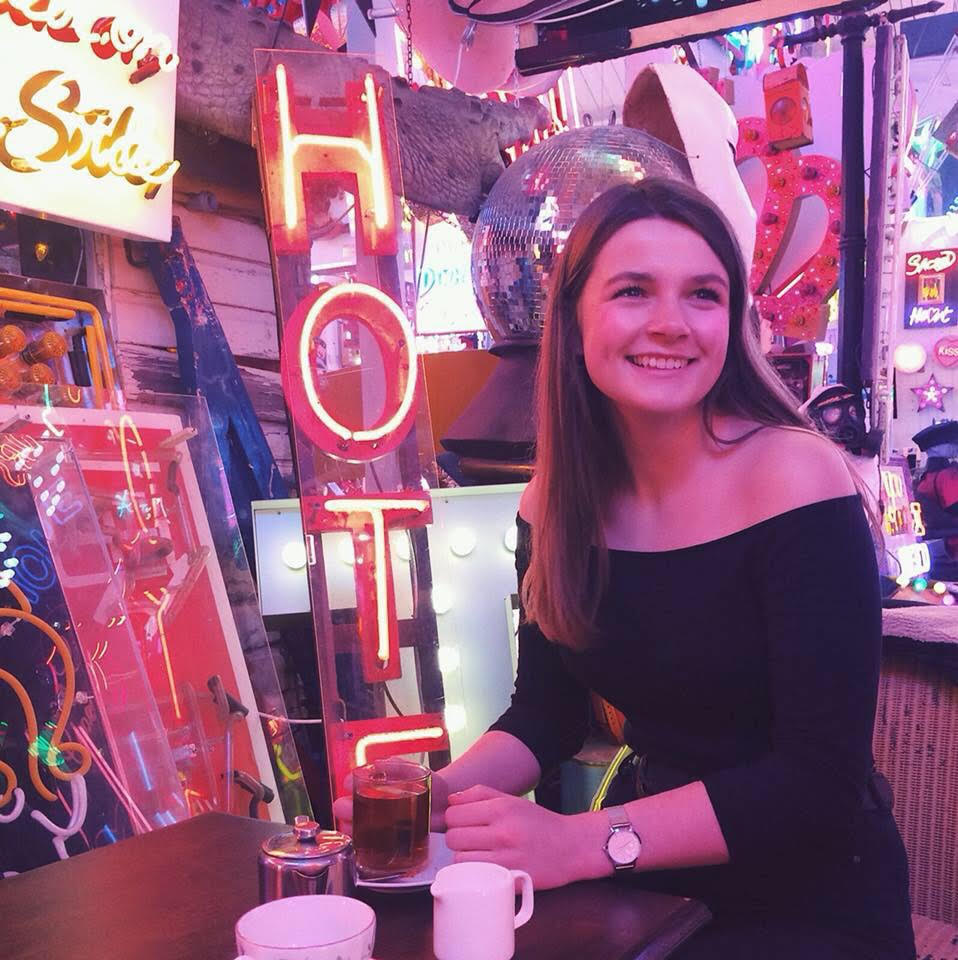Research reveals most common causes for bad sleep
An uncomfortable mattress? Feeling too hot? Technology? Find out what keeps most people awake at night and what can be done to counteract sleepless nights...


Are you sleeping badly? If not, you might like to take note of the results of a national poll on sleep, published in advance of The Sleep Council’s National Bed Month, which begins on 1st March, and World Sleep Day (15th March; book the day off now). Both events are intended to raise awareness about the impact of a good night's sleep on our health and wellbeing – and the factors that are causing disturbed sleep.
The poll, conducted by family bed-maker Harrison Spinks, asked 2,000 people in the UK about their sleeping habits and, more specifically, what keeps them awake at night. While the answers varied, most responders (31 per cent) cited not being able to get comfortable as the main cause of their sleepless nights, while feeling too hot (22 per cent) and experiencing pain (22 per cent) were among other top answers.
And with the majority of respondents (35 per cent) rating their sleep as a four or five out of 10, it's fair to conclude that, for many, a standard night's sleep is of poor quality.
In addition to this, almost a quarter (23 per cent) suggested that they experienced disturbed sleep every night of the week, waking up an average of three or four times per night. Only 13 per cent of those asked suggested that they never woke during the night. Lucky for some, right?
How technology impacts on sleep
Reliance on technology may go some way to explain the nation’s nocturnal anxieties, too, with almost a third (32 per cent) of those surveyed admitting to browsing the internet, and one in five checking their phone or tablet in the hours before bed.
Significant research has suggested that the blue light emitted from devices disturbs the body's circadian rhythms by interfering with levels of melatonin, in turn increasing the likelihood of disturbed sleep.
It's advisable, then, to reduce blue light exposure prior to sleep if you're serious about getting a restful night – and this should especially apply to kids.
Get small space home decor ideas, celeb inspiration, DIY tips and more, straight to your inbox!
Instead, experts suggest developing a technology-free night time routine, and trying to create a repetitive routine that lulls us towards bedtime. More on that below.
What do the experts say about how to sleep well?
Establishing a technology-free routine is a must if you have problems getting to sleep. Sleep experts suggest the following:
- Taking the time to enjoy a long, hot bath prior to bed. This can be enhanced with the addition of candles and relaxing essential oils.
- Reading a book or listening to an audio book.
- Meditating – you might consider using an app to guide you if you're new to this.
- Ten minutes or so of gentle yoga.
- Writing a journal or diary – this could mean clearing your mind by simply jotting down everything on your to do list.
- Drinking a cup of (caffeine free) herbal tea.
- Talking to a partner about your day.
Sleep expert and presenter of Channel 4’s The Secret of Sleep, James Wilson shared his thoughts on how to sleep well, too:
'There is so much conflicting advice and lack of clarity on how to sleep well. Often people compare their sleep against an unrealistic expectation which increases anxiety around their sleep and leads them to worry more and sleep worse.
'I encourage people to understand what their sleep need is, in terms of quality and quantity, who they are as sleepers – larks, owls or typical – and what changes they need to make to their mindset, behaviours and sleep environment.
'To induce sleep, we need to have a drop in heart rate – be relaxed – and a drop in core temperature – be cool – so we need to consider if what we do before bed and what we sleep on and under helps this process.
'Too many people try and actively force sleep, when what we need to do to sleep better is create the right conditions for sleep to come to us.'
Emily first (temporarily) joined the Real Homes team while interning on her summer break from university. After graduating, she worked on several publications before joining Real Homes as Staff Writer full time in mid-2018. She left the brand in 2020 to pursue another career, but still loves a second-hand bargain and sourcing unique finds to make her rented flat reflect her personality.
